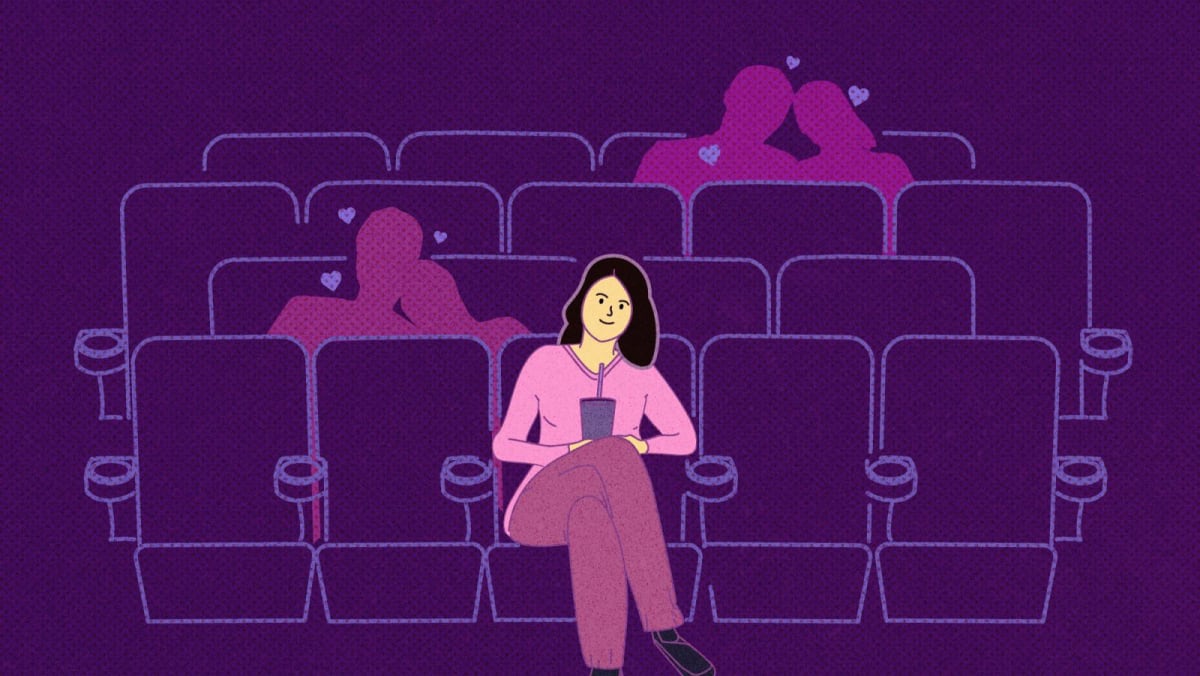WHY PROLONGED SINGLEHOOD CAN BRING UP NEGATIVE EMOTIONS
Relating Ms Yeo’s experience to counsellors, I learned that extended singleness, especially when it is not desired, can take a psychological toll, where a person may experience low self-esteem, anxiety and shame, for example.
Consultant clinical psychologist Roy Chan, founder of the psychology clinic Cloaks and Mirrors, said anxiety stems from the desire not to be single, and it is triggered when repeated attempts at finding a partner do not work out.
“This pressure is further compounded when people give themselves a timeline to find a date.”
Dr Chan explained that low self-esteem can be triggered when people compare themselves to others in relationships and feel less desirable, or in more extreme cases, even “unlovable”.
Shame, he added, often arises when these social pressures are internalised, leading people to believe that they lack the qualities or attributes that would make them attractive to the kind of partner they desire.
Mr James Chong, clinical director of counselling and psychotherapy centre The Lion Mind, said comparisons with others are often amplified by social media, where curated snapshots of seemingly perfect relationships can distort perceptions of reality.
Everyday interactions can reinforce these feelings, such as when colleagues with family commitments are given priority during holiday planning, or when workplace cultures subtly favour married workers, he added.
Mr Chong also said that some people may struggle with the feeling that they are complete only if they are in a romantic relationship.
Even those who are confident in themselves can feel discomfort when close friends start focusing more on their partners or families, and that growing distance can trigger feelings of abandonment or being “left behind” that deepen the struggle, he noted.
Some of these pressures are evolutionary. Dr Chan explained that in certain social circles or cultures, expectations to find a partner and procreate can be especially intense.
“This is especially if the culture is more group-focused, where dating and procreation are seen as a contributor to the longevity of their tribe and genetic code.”
Even older relatives who pressure you to settle down may be doing so from a subconscious drive to see their genetic line continue, Dr Chan added.
On whether certain personality types thrive better in singlehood, the counsellors had differing views.
Mr Chong said there is a common misconception that introverts are naturally better at being alone.
“While introverts may prefer less social stimulation, they still require meaningful connections and are not immune to feelings of loneliness.”
Most people still have an innate need for connection and belonging, he explained.
Dr Chan, on the other hand, believes that some people, particularly those who are introspective, genuinely thrive on their own and do not equate being alone with loneliness.
“They are less likely to use social connections as a benchmark of self-worth or social success, and they can be more satisfied with their thoughts and activities that they enjoy.”
